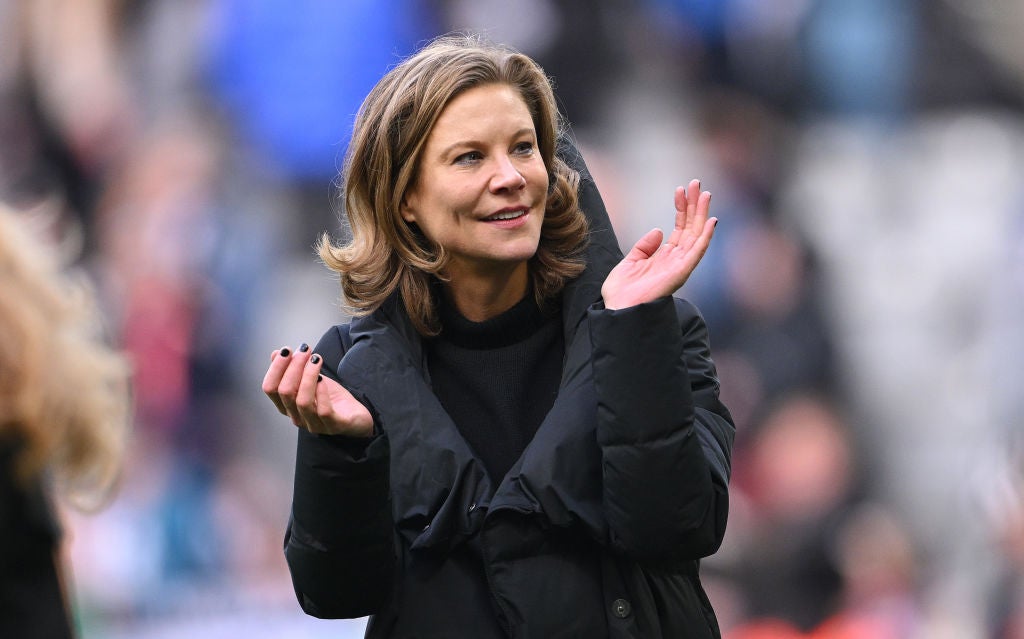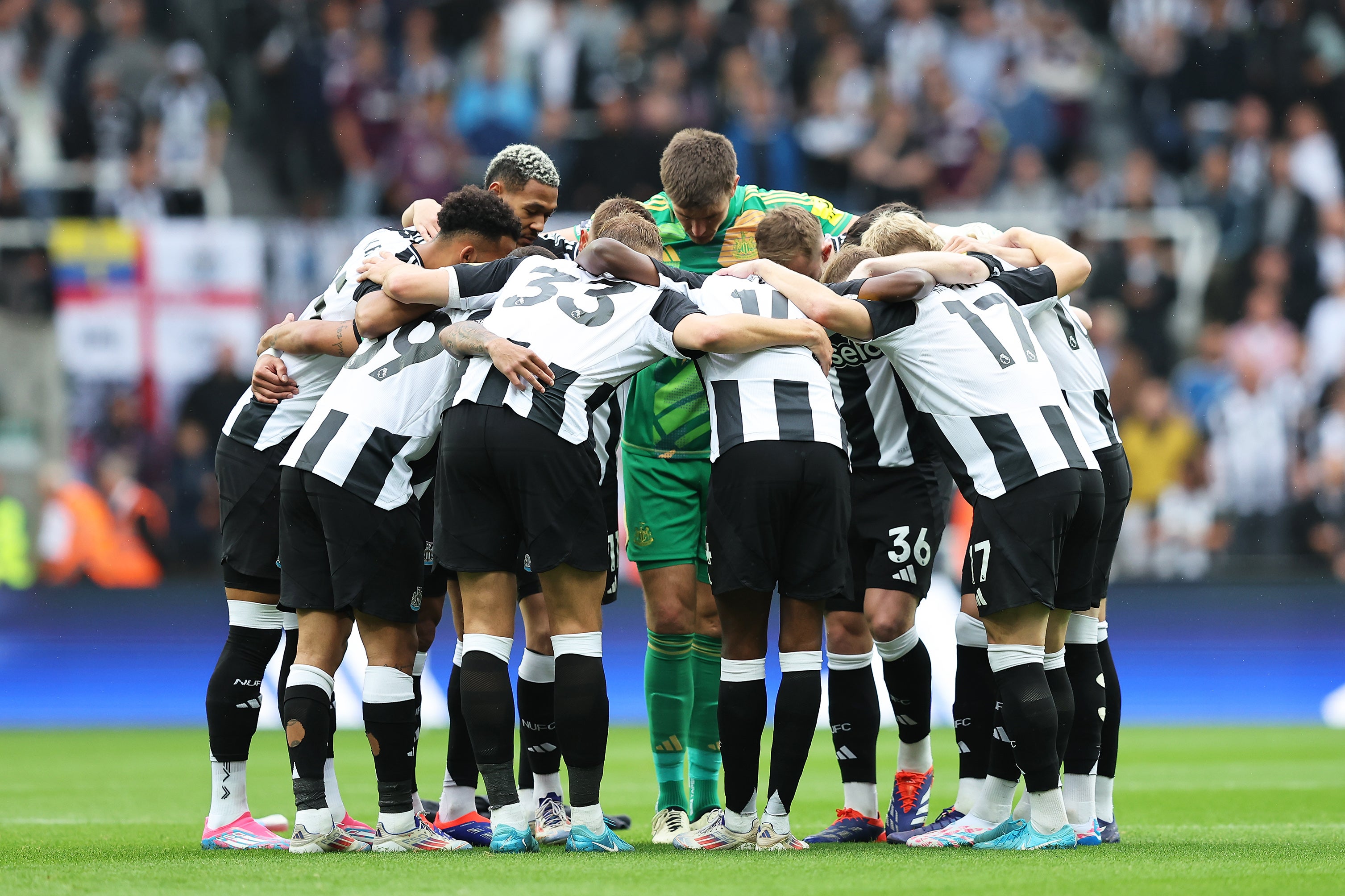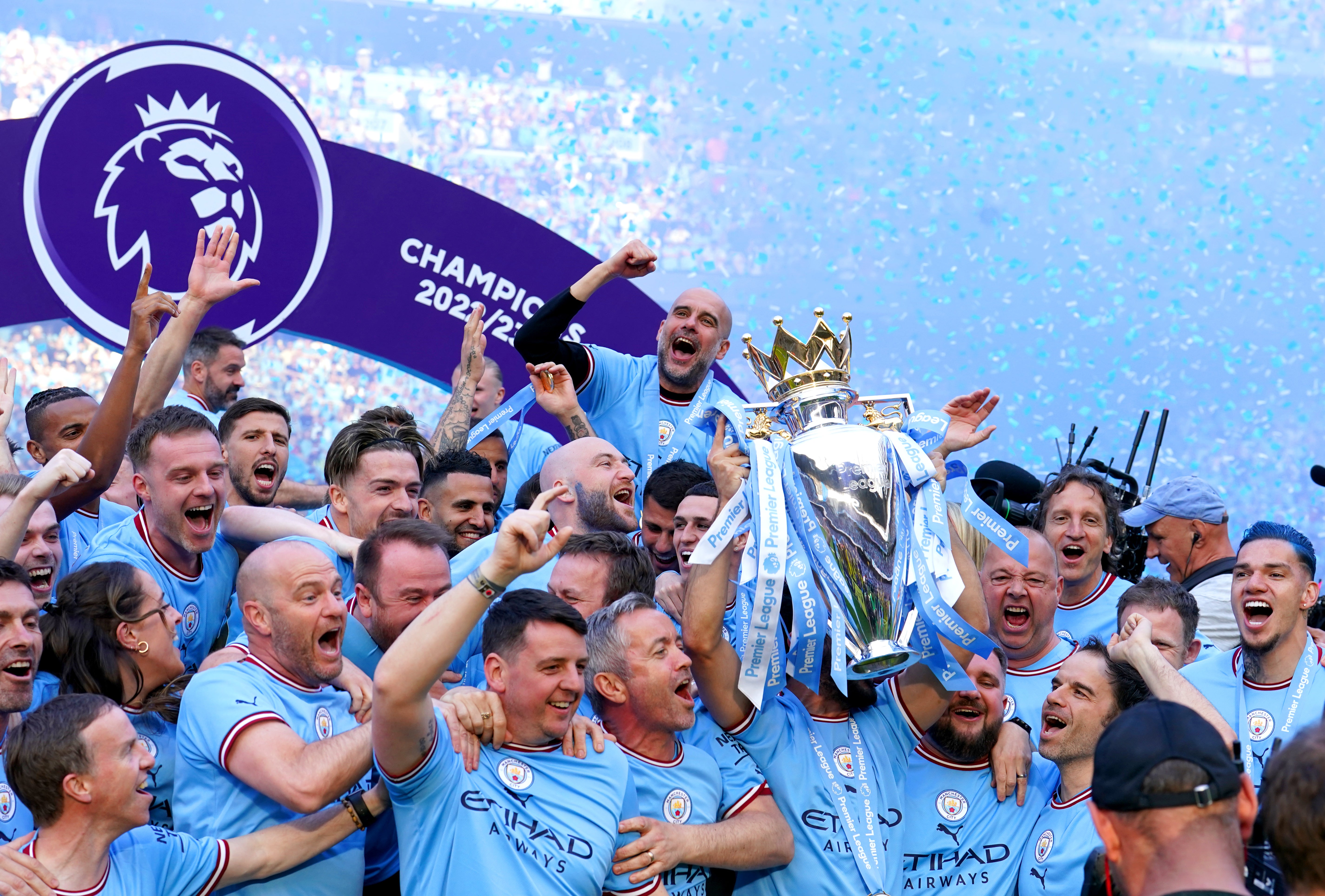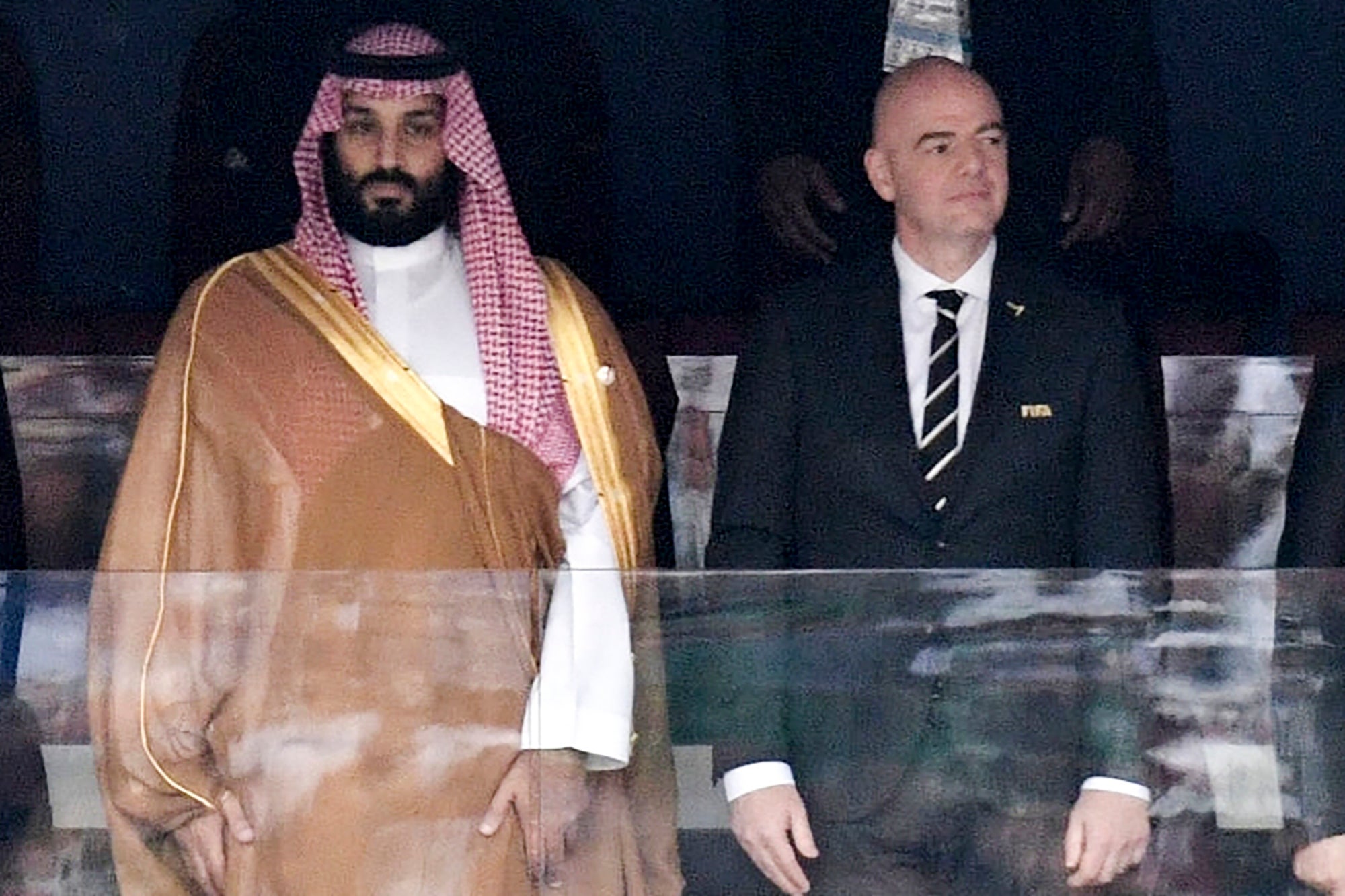Premier League club executives are seeking more answers from England’s top division after leaked WhatsApp messages suggest that Saudi crown prince Mohammed bin Salman controlled the October 2021 takeover of Newcastle United, which would directly contradict the so-called “legally binding assurances” that there is separation between the Public Investment Fund and the Saudi state.
Senior figures at rival clubs remain furious that the purchase was allowed to go ahead, especially with how it has directly led to the current chaos engulfing elite football through the Manchester City associated party transaction (APT) case.
The story, reported by The Daily Telegraph, has also raised frustrations that complaints raised during the LIV Golf case in March 2023 were never pursued. Then, directly contradicting the Premier League’s “assurances”, PIF’s lawyers argued that the fund was “a sovereign instrumentality of the Kingdom of Saudi Arabia”.
This was despite Premier League chief executive Richard Masters stating a mere month after the Newcastle takeover that there was a “corporate difference” between PIF and the Saudi state and that “if we find evidence to the contrary, we can remove the consortium as owners of the club”.

Businesswoman Amanda Staveley fronted the deal and went on to become a minority co-owner and club director, a role she left in July after selling her shares.
Staveley’s lawyers told the Telegraph that she “only ever referenced the Crown Prince in his capacity as chairman of PIF”, and to suggest there hasn’t been independence from the Saudi state in the running of the club “is as illogical as it is misconceived”.
Many within football are now saying they feel such an argument is absurd since PIF is the Saudi state, recalling furious discussions that were had when the takeover went through. When one senior Premier League figure was asked how they would be able to tell if the state was involved, the response was: “We would know.”
The game is at least getting some hard knowledge of what state ownership actually means, and this may be just the start. The entire story once more reveals forces that football can’t control, and why it needs to be institutionally ring-fenced.
This is illustrated in the circles of power, way above the Premier League, that evidently discussed the Newcastle takeover. A proper discussion about the independent regulator can’t come soon enough.
None of this is to say there aren’t multiple problems with other types of ownership, not least capitalist funds, but the issue is one of scale. Autocracies represent the extreme end of the spectrum, given the many potential complications. They range from uncertainties over the internal structure to immense external influence. It was virtually inevitable that a second state-linked takeover, after City, would lead to a multiplication of problems.
The current APT case threatening to plunge the Premier League into a governance crisis directly stems from this. That outcome saw many City claims thrown out but they did win on certain technical procedures and shareholder loans. The latter has left several clubs uncertain about how to vote on the issue and many sources talk of “chaos” within the league.

It is worth stressing this is a situation that can only arise from attempting to deal with the unique challenges of regulating state ownership and the blurred lines within Gulf autocracies. That’s essentially what the “associated” in APT means since we are talking about ownerships and companies where the money ultimately comes from the same source.
Premier League rivals wanted to preclude Newcastle from bringing in a range of Saudi-based sponsors at values the club might not have otherwise struck, so pushed to change the rulebook a mere five days after the takeover.
“We now have a spectrum of owners of clubs with some complex structures and corporate relationships,” one executive told the Premier League’s legal advisory board in October 2021 meetings. “Therefore, it is an appropriate time to assess whether these rules are still fit for purpose.”

City would stress they are not, and the club are now increasingly intimating the Premier League as a whole is not fit for purpose as a regulator. Even if such claims come amid the hearing over 100-plus charges on alleged rule breaches, there may be some merit in the argument since the competition is simply facing forces beyond its control. It’s too much for any single football competition to handle.
An irony, however, is that City did not win on the premise or principle of the APT rules. The outcome was explicitly acknowledged that such regulations are essential for sport. The claims of discrimination on the basis of Gulf ownership were dismissed.
That is also an implicit legal acknowledgement of the difficulty in dealing with this for the good of sport. It should be something for the independent regulator to assess, even within its mission of ensuring the financial sustainability of the game alone. Human rights groups like FairSquare have argued sustainability is impossible with state ownership present in the football pyramid. The layers of power in the WhatApp leaks illustrate some of the reasons why.
You only have to look at City from a wider perspective. All of the most rudimentary warnings about state ownership from years back have come true.
They are dominating English football to a scale never seen before, directly affecting the unique selling point of the Premier League. They are proving to be “partners” whom other clubs now openly state are “impossible to work with”, due to their willingness to spend whatever is required on legal action. There is even the direct effect on their own match-going fans, with the push to raise season-ticket prices, to say nothing of how such states seek to use the identity of the clubs. Abu Dhabi is looking toward the wider world, not Manchester. Here, the Newcastle takeover merely offered the pretext for the type of crisis that was long predictable anyway.
A further irony is that Newcastle actually represents the quietest of Saudi Arabia’s own large-scale sporting plans. The noise about golf and boxing has been impossible to ignore, while the Saudi Pro League has upended the game’s economy, as part of a precursor to the staging of the 2034 World Cup.
That hosting is set to be confirmed in an “en bloc” vote that will also include the decision for 2030, effectively blocking any protests from human rights concerns. Any vote against 2034, after all, would also mean a politically problematic vote against 2030. Both “votes” only have one option, with Saudi Arabia the sole candidate for 2034 after the choice for 2030 – a joint World Cup primarily in Morocco-Portugal-Spain but with matches in Argentina, Paraguay and Uruguay – ruled out scores of countries due to the continental rotation rules.

This all comes as Fifa has struck a partnership with Saudi Aramco, the national oil company of Saudi Arabia, and the kingdom is expected to eventually offer finance for the beleaguered 2025 Club World Cup. That may bring state integration into a major event. Bin Salman himself is said to regularly message Fifa president Gianni Infantino. There was another message to Infantino from the women’s game, as reported by the BBC. More than 100 women’s footballers have signed an open letter urging Fifa to drop Aramco as a sponsor, describing it a “punch in the stomach”.
Newcastle haven’t created as many headlines as any of that. There is even the feeling within the game that the Saudi state is ultimately eyeing a bigger club. Rumours abound about both Liverpool and Chelsea. Barcelona’s financial troubles are even seen as potentially bringing an end to the club’s full member ownership and forcing the sale of a partial stake.
“The Crown Prince is losing patience,” Staveley wrote during the Newcastle takeover. “I need to assure him we will get there.” It has left the game in a very uncertain place.
Miguel Delaney’s new book ‘States of Play: How Sportswashing Took Over Football’ about how modern football has been transformed by geopolitics, capitalism and its own failures is out on 7 November. Pre-order your copy HERE today.

